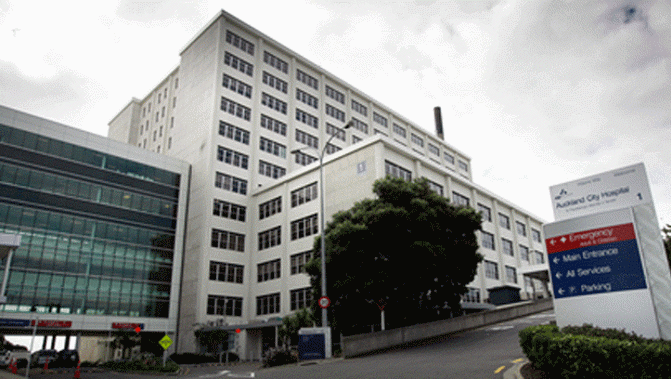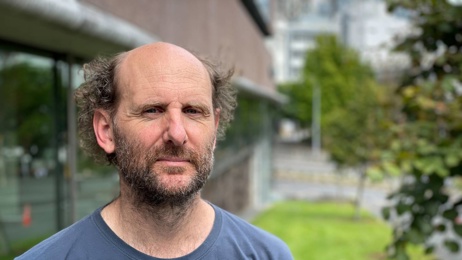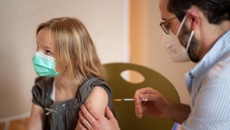
By Rowan Quinn of RNZ
A month after the peak of Auckland's Omicron outbreak, senior doctors say adrenalin is giving way to trepidation as they call for an urgent return to business as usual.
The region has been at the front of the country's Covid-19 wave, with cases coming to a head in early March and hospitalisations about a week later.
At least one of the city's three district health boards is still delaying hundreds of planned operations.
Emergency specialist Dr Kate Allan was home with Covid-19 this time last month, one of thousands of health workers across the city forced to isolate in the outbreak
She is back and feeling better but said her emergency department was still very busy despite the declining coronavirus surge.
It was a relief to have passed the peak of what had been a threat for so long, she said.
"From a mental place, it's so much better because we've ridden the wave and come down the other side and out the other side."
Allan, who is Aotearoa faculty chair of the College of Emergency Medicine, said there were fewer people with Covid-19, which meant some time-consuming protocols were no longer needed, but they still had almost the same number of patients.
In an ED in another hospital across town, Dr Elspeth Frascatore said the same.
"We're getting back to those high levels of patients coming in, we still have staff shortages, unprecedented ambulance waits."
Frascatore represents the Association of Salaried Medical Specialists, the senior doctors' union, and said it was ironic she was feeling more trepidation about what was ahead after the surge.
"Your adrenalin goes away and then back onto climbing the next hill, and it can be ... quite exhausting.
"I just really feel for health workers right now because are doing some really hard mahi."
Thousands of planned operations were called off across the city to free up space for Covid-19 patients and to allow surgical staff to be redeployed in different roles.
At a meeting this week, Auckland DHB bosses said they were still only just above minimum service delivery - meaning the only operations they were doing were acute, or planned surgery that could not wait.
Figures from the Waitematā DHB alone show there were about 2000 fewer elective operations in the six months to January than for the same period in the previous year.
And that was before Omicron cases took off in February, forcing more delays.
Allan said it was time for regular service to resume across all areas of the health system.
The redeployed workers had helped keep things afloat but they needed to go back to their old roles as soon as possible to help deal with the growing need for routine care.
Andy is a social worker working in community mental health for one of the city's DHBs. His story mirrored those in EDs - long hours and staff shortages even before the pandemic hit.
There had been a switch to focusing on the most urgent cases too but he agreed it was crucial to return to normal care quickly.
The disruption was taking a toll on patients.
"If they're not seen on a regular basis and they're expecting to be seen by a care worker ... then that can be distressing," he said.
Departing director of Public Health Dr Caroline McElnay described the outbreak as having a long, rumbling tail.
Health workers said Covid-19 would now be part of the many winter illnesses they deal with, making for a very busy few months ahead.
Take your Radio, Podcasts and Music with you









